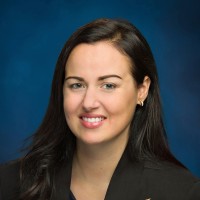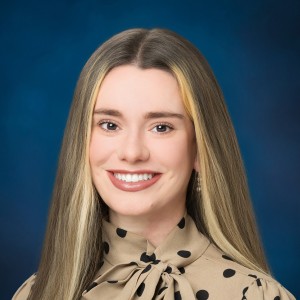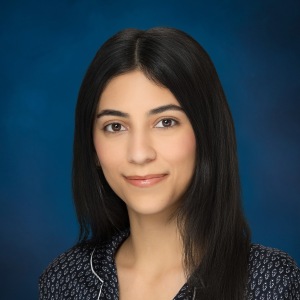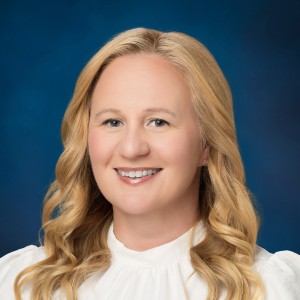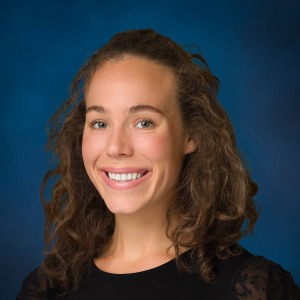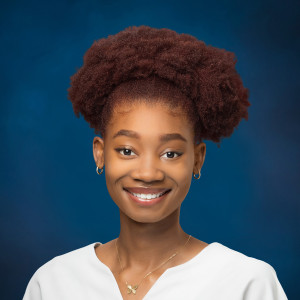The Psychiatric APP Fellowship is designed for individuals who hold a Master's degree or Doctorate, are licensed in Florida, nationally board certified through the ANCC, and credential as an APRN or PA with a specialty in Psychiatric-Mental Health. It is preferred that applicants have completed at least one training year in a hospital or acute psychiatric treatment setting; however, relevant professional experience will be considered.
The Baptist Health System does not discriminate in employment against qualified persons on the basis of race, color, national origin, sex, religion, age, disability, marital status, sexual orientation, gender identity or veteran status.
Appropriate candidates for this fellowship have evidence of intensive coursework in psychopathology, pharmacology, ethics, intervention, and assessment within their academic transcript. Fellows must also demonstrate effective written and oral professional communication, as well as the capacity and willingness to actively participate in intensive training and supervision.
Licensing and Credentialing
In addition to a review of application materials and panel interviews, the fellow's acceptance is contingent on the results of background and employee health screenings, as well as degree, licensing, and credentialing requirements. These include:
- Graduation from an accredited APRN or PA Program within the last 12 months
- Current Florida Licensure as an APRN or PA (by July 1 for the Fall cohort)
- DEA License
- Hold a national certification as an APRN through the ANCC or as a PA through the NCCPA
Overall, it is preferred that candidates demonstrate:
- Successful completion of relevant coursework surveying ethics, diagnosis, pharmacology, and intervention
- Relevant professional experience or clinical interest in health psychology
- Effective written/oral professional communication
NOTE: If the prospective APP fellow has not demonstrated proof of completion for any of the above requirements by the respective cohort deadlines outlined above (see APP Fellowship Application Process and timelines within the forthcoming section), the fellow's application will be deferred to the next available cycle, pending admission eligibility requirements are still met (i.e., applicant graduated within the last 12 months).

